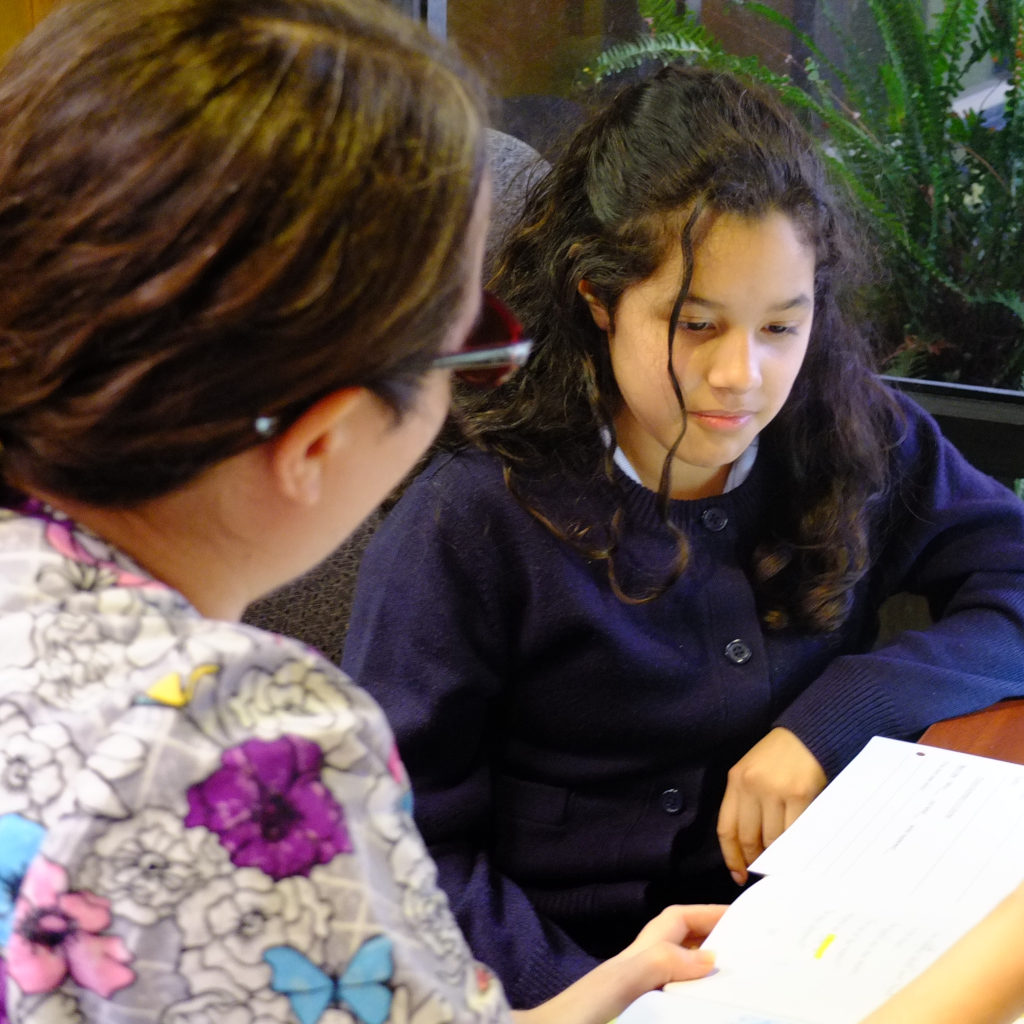Reading is an essential part of our everyday lives. We read signs on the road to make a “stop” or to turn and it gradually becomes more complex as kids become older. Reading is composed of two different concepts which include word recognition and listening comprehension. A breakdown on either one will lead to reading difficulties.
Word recognition is comprised of being able to identify words on a page and being able to sound them out. Listening comprehension is the ability to follow along within the story and being able to link it to background knowledge or previous experiences. To this day, there is no specific data connecting sound production to literacy skills. However, speech sound disorders can be an early warning sign for dyslexia, so it is important to be mindful of these challenges as your child develops.
Dyslexia is not considered to be a disease, rather it is a phonological processing disorder. This means that it is not curable, but it is treatable.

Some red flags that should be noted for dyslexia in early kindergarten are poor phonological awareness skills and poor articulation sound production. So early screening is definitively recommended so your child can have all the necessary therapy services to be successful. Follow up studies have shown that once a child has progressed in their speech sounds, they may still show difficulty in their reading and writing skills. In follow up studies conducted on kids who have improved their speech sounds, 50 – 70% of them reported to still receive special education services until their senior year of high school.
In conclusion, it is important to be mindful if your child has difficulty expressing their wants and needs efficiently. Early screening is recommended to help your child succeed. If your child has remediated their speech sound production, keep in touch with your child’s teacher to keep track of their reading development.
